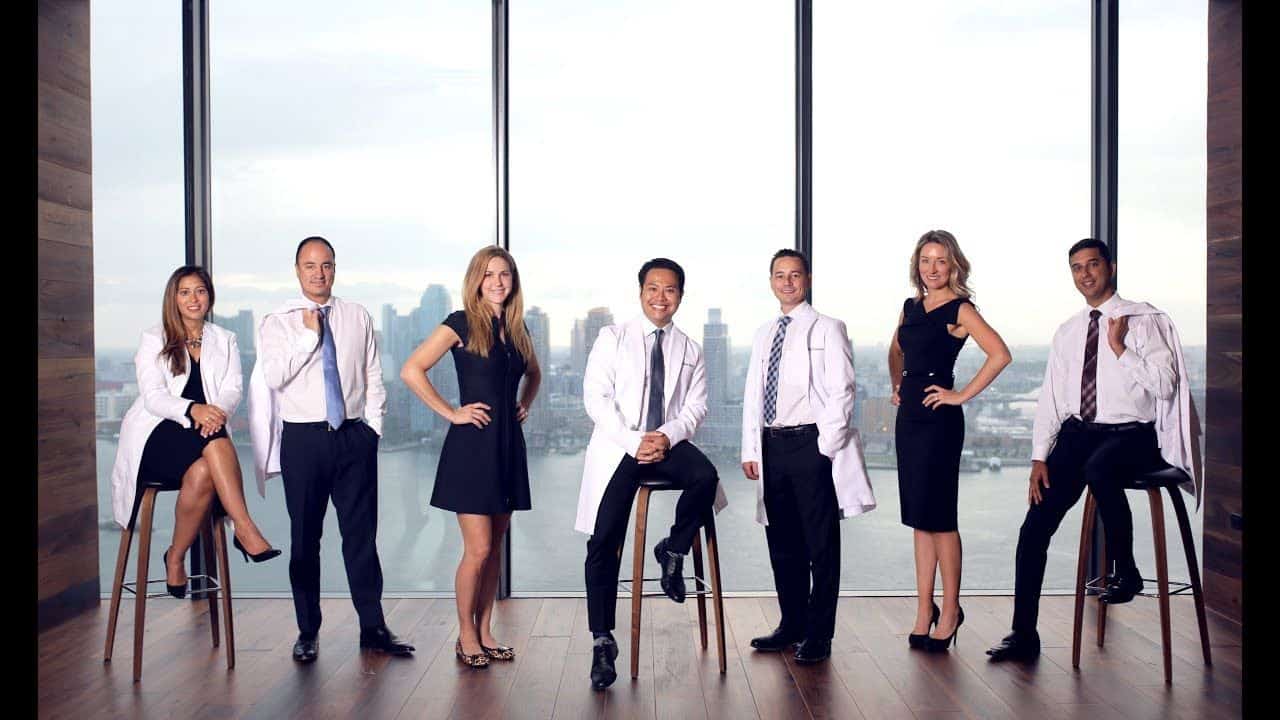How to Find the Best Vein Specialist or Phlebologist?
“Phlebologist” is the official medical terminology for a vein specialist or vein doctor, i.e., a doctor who diagnoses and treats conditions of your veins, such as spider veins, varicose veins, deep vein thrombosis, and other vein diseases.
If you have any of the aforementioned vein conditions, you must consult a vein specialist immediately.
In the past, vein treatments could only be performed by vascular surgeons because they were complicated, risky, and surgical procedures. However, thanks to modern advancements in medicine and technology, vein treatments are minimally-invasive and non-surgical.
As such, vein specialists and vein doctors can come from any field of healthcare — anesthesiology, cardiology, podiatry, or any other. The only requirement for vein doctors now is that they should have specialized training in vein care.
Since vein treatment is a reasonably open field that any doctor can enter into, you must be very careful when choosing your vein specialist. You must find a vein specialist who can accurately diagnose the root cause of your vein conditions and treat it using the latest and safest methods (as opposed to surgical techniques).
In this article, we discuss how to find the best vein specialist or phlebologist, and introduce you to the best doctor for varicose veins treatment.

Board-Certified Doctor
Board certification isn’t necessary to practice spider veins or varicose veins treatment. In fact, there are a lot of great vein doctors who aren’t board-certified.
However, board certification helps you distinguish the most skilled and experienced vein doctors available. To get board-certified, vein doctors have to complete a wide range of challenging professional milestones, including residencies and fellowships from reputable institutions.
As such, board-certified doctors are some of the most skilled and experienced doctors around.
Strong Educational Background
In addition to board certification, you can also study the vein doctor’s educational background. The kind of university they attended says a lot about their training.
You should generally look for vein doctors who have graduated from some of the best medical schools, such as Harvard Medical School, or others of similar reputation.
ABVLM Recognition
You should look for vein specialists and phlebologists who have been formally certified by the American Board of Venous Medicine for their contributions to vein care.

Vascular Imaging Expertise
The art of vein treatments is fairly challenging, but not necessarily because of the procedures. While the vein treatments themselves may be simple, diagnosing the root cause of your vein conditions may pose a challenge.
Often, the symptoms you see — spider veins, restless legs syndrome, etc. — are indicative of underlying vein disease. At other times, they may be superficial.
To diagnose the root cause of your vein conditions, a vein doctor must run a Doppler Ultrasound test. During this procedure, the vein doctor will visualize the blood flow in your veins, which will allow them to diagnose the root cause of your spider veins and varicose veins.
Furthermore, vein doctors also need to perform vein treatments under ultrasound guidance.
As such, you must look for a vein doctor with specialized training in vascular imaging.
Use of Minimally Invasive Treatments
As previously mentioned, vascular surgical methods like vein stripping and vein ligation are now deemed obsolete.
Your vein doctor must specialize in the latest minimally invasive treatments, such as radiofrequency ablation, endovenous laser ablation, VenaSeal, and sclerotherapy.
How to Get Rid of Varicose Veins?
If you have varicose veins, you must first understand how to get rid of varicose veins using minimally invasive treatments. The best vein doctor will recommend compression stockings because they apply pressure on your veins and facilitate blood circulation to the heart.
Following that, your vein doctor should recommend one of the latest minimally invasive procedures for varicose vein treatment. The following is a brief overview of the best varicose vein treatments.
Radiofrequency Ablation
Radiofrequency ablation is a minimally invasive procedure in which the vein doctor uses heat or thermal energy to destroy the diseased saphenous vein and restore blood circulation to the heart.
Endovenous Laser Ablation
Endovenous laser ablation is a minimally invasive procedure in which the vein specialist uses laser energy — channeled through a laser fiber and catheter — to collapse the diseased saphenous vein, thus restoring effective blood circulation to the heart.
VenaSeal
VenaSeal is a minimally invasive varicose vein treatment in which the phlebologist injects medical adhesive into the problematic saphenous vein to seal it shut and restore blood circulation to the heart.
Ambulatory Phlebectomy
Ambulatory Phlebectomy is a minimally invasive treatment performed after the primary vein treatment to remove the superficial varicose veins from the surface of your skin. During the procedure, the vein doctor creates incisions on your skin and removes the varicose veins manually to improve the appearance of your legs.
Schedule an Appointment with a Phlebologist Today
VIP Medical Group is a collective of some of the best vein doctors and vein clinics in the country. Vein Treatment Clinic is a part of VIP Medical Group and we have some of the country’s finest board-certified and Harvard-trained doctors who treat varicose veins and all other vein conditions using minimally-invasive treatments. For more information, please schedule an appointment with a phlebologist today.







